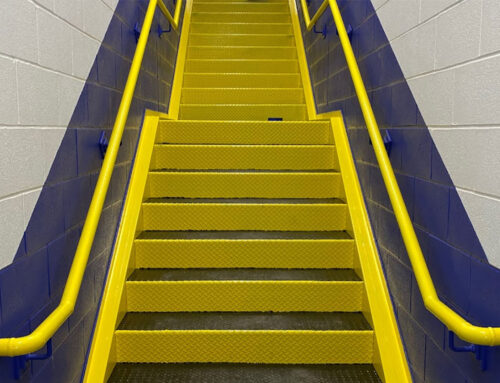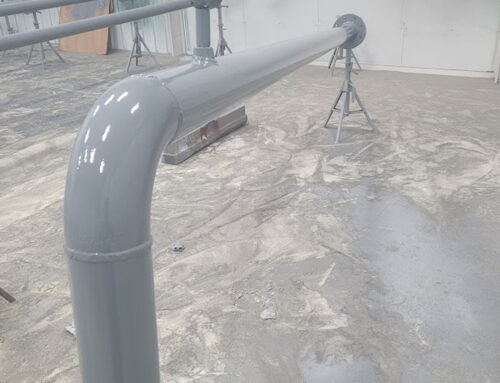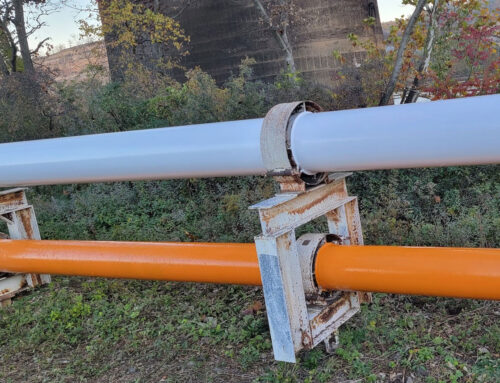Imagine a drill rig, its surface unguarded against silt and other abrasive elements. The steel erodes over time. Pumps and valves, with such rapid changes in pressure daily, see cavitation. Friction and heat also weaken metals, shortening the life of equipment components.
Erosion, corrosion, and abrasion pose functional risks to steel and every piece of equipment in an oil and gas business. Equipment failure, repairs, shutdowns, delays–the results are expensive. Onshore rigs run at $300,000 per day; off-shore, it’s more than double that cost. Annually, oil refineries take between $50 million and $100 million to operate.
Metallization helps to protect your company’s investment in oil and gas equipment and preserve rig, pipeline, and refinery operations. Here are some of the benefits.
- Improved Corrosion Resistance
Metallization provides a barrier effect, serving as a protective layer between the substrate and the environment it’s in and reducing contact with water and oxygen. The thicker coating adheres firmly to the substrate and protects against corrosion. - Decreased Wear and Tear
Industrial painters will customize a new metallizing layer according to the type of equipment (storage tank, mixers, agitators, pressure vessels, pumps, crystallizers, and filters). Part of our goal is to apply a coat that reduces friction, helping reduce wear and tear. - Temperature Protection
High temperatures can warp oil and gas equipment, leading to costly repairs, safety concerns, and compliance violations. Specific metallized coatings–aluminum, ceramic, titanium, zinc-nickel, and tantalum–are manufactured to withstand extreme temperature fluctuations, heat in particular. - Reduced Friction
A metallized coating smooths over the surface of a substrate, reducing the points of contact that lead to friction and consequently further erosion. Some specialized metallized coatings have low coefficients, designed to minimize friction: zinc-nickel, ceramic, polymer, and graphite. - Increased Safety
It’s important to apply a metallized coating to emergency valves and other immediate shutdown systems. It streamlines their performance and makes visual inspections easier. Metallized coating of other components will increase their service life and decrease the risk of spills, leaks, fires, and other catastrophes. - Better Conductivity
Metallized coatings utilize highly conductive materials, improving the substrate’s ability to transmit electricity. Critical for oil and gas sensors, a conductive, metallized surface can detect changes in temperature, environmental exposure, and pressure. The increased conductive surface area allows the sensor to transmit electricity and get more precise measurements. Lastly, it also reduces signal interference that messes with sensor readings. - Regulatory Compliance
Leaks, spills, and equipment failures result in compliance violations, downtime, and fines. Metallized coatings can protect against all three, preventing significant damage and helping equipment to pass regulatory inspections.
Protect Your Business’ Equipment. Schedule Your Metallization Project Today.
Eagle Eye Services offers a plethora of metallizing options for our oil and gas clients: hot dip galvanizing, High-Velocity Oxygen Fuel (HVOF), zinc coating, zinc aluminum coating, aluminum coating, titanium coating, chrome coating, and nickel coating. Contact us today to learn more about the benefits of metallizing and obtain a free estimate for your metallization project.
Ready to Get Started?
Have questions about your project or need a quote? We’ve got someone ready to help you.



